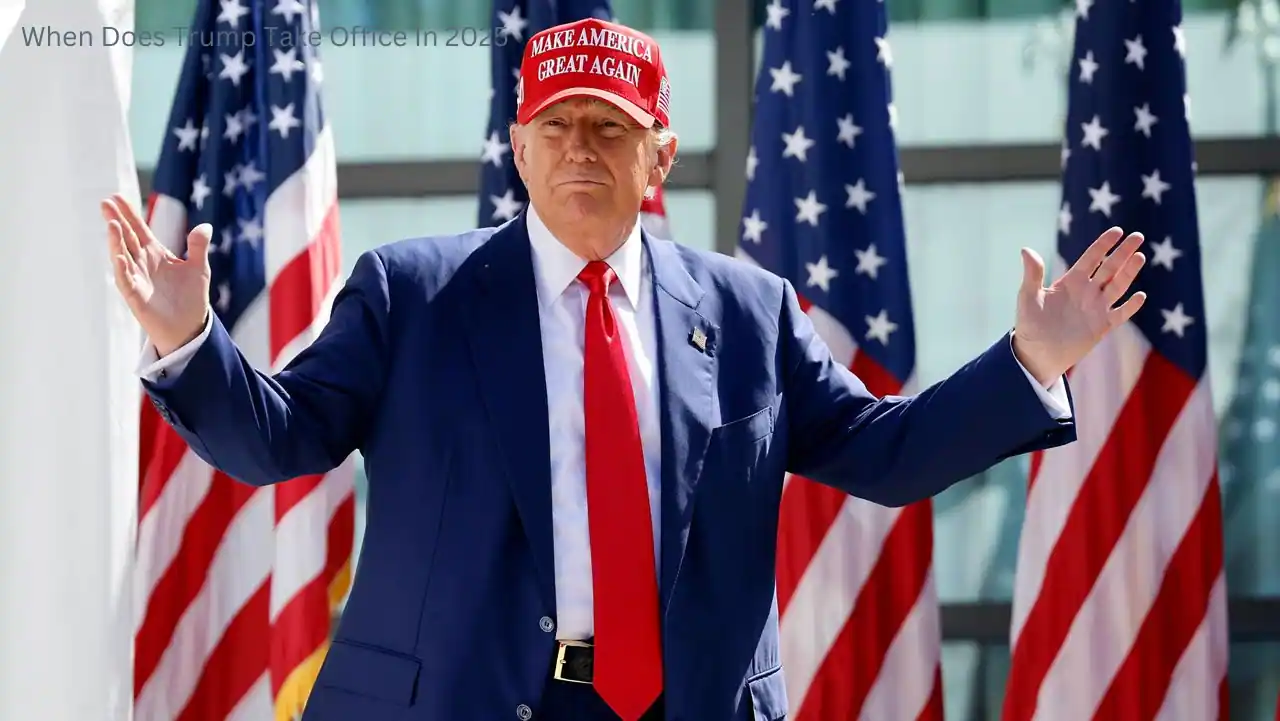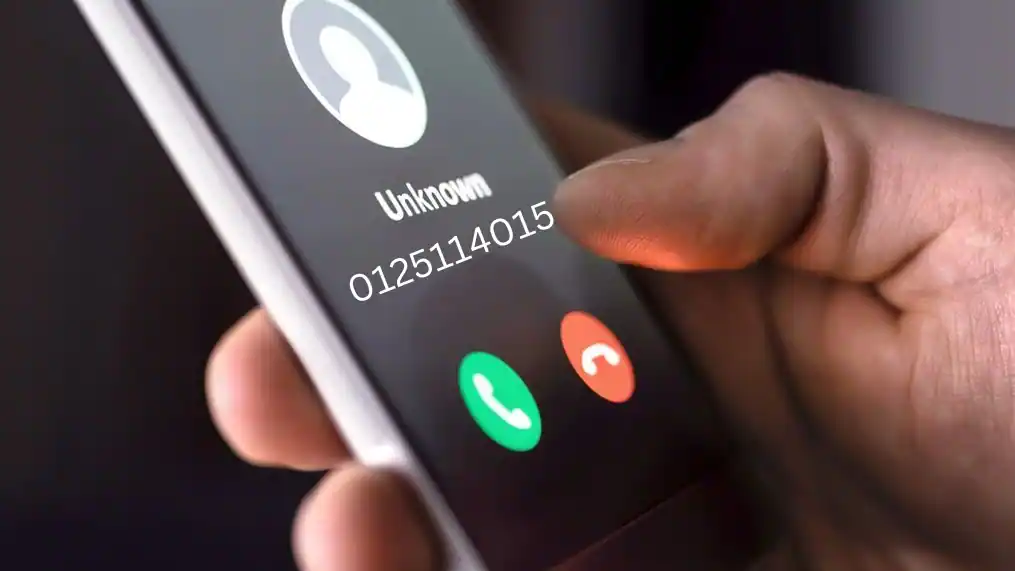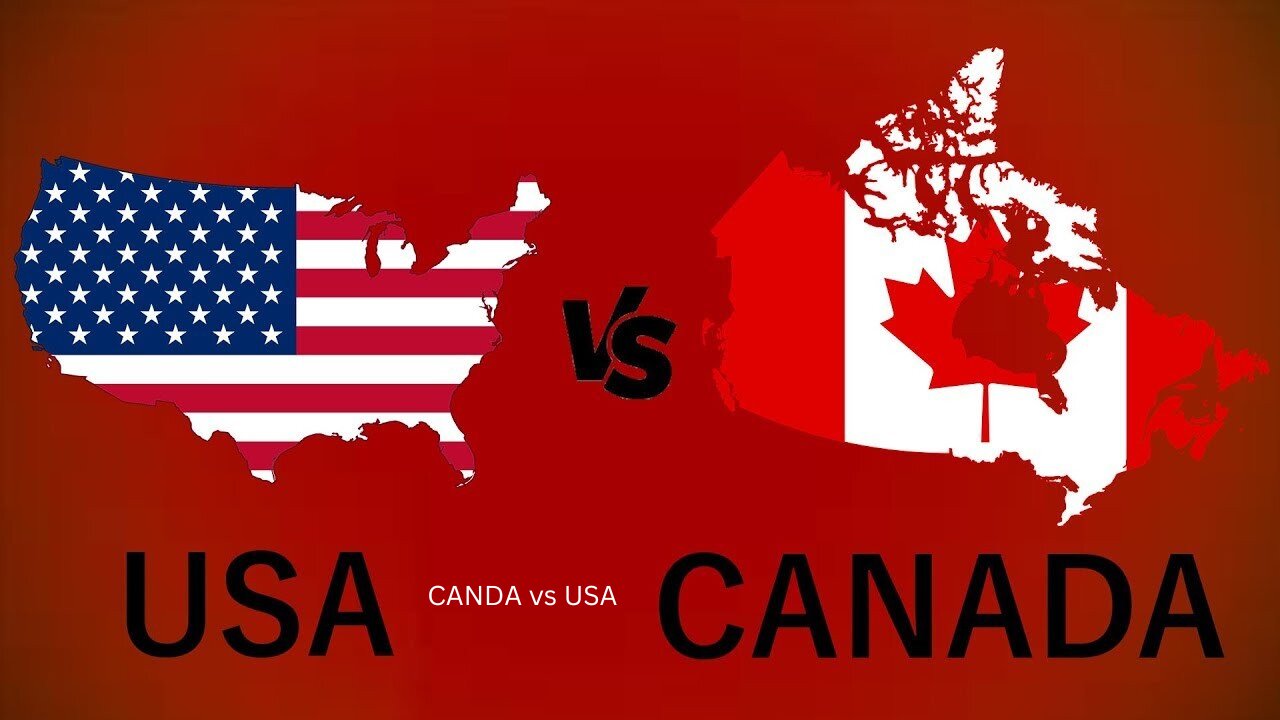Introduction to the Presidential Inauguration
The excitement surrounding presidential inaugurations is palpable. Every four years, Americans come together to witness a pivotal moment in their nation’s history. The swearing-in of the President marks not just a transition of power but also new promises and fresh beginnings. As we look ahead to 2025, many are eager to know: when does Trump take office in 2025? This question has sparked discussions across social media platforms and news outlets alike as anticipation builds for what could be an unprecedented event in American politics. Let’s explore the details surrounding this significant occasion, including dates, preparations, and potential outcomes that may shape our future.
Dates and Times of Past Presidential Inaugurations
Presidential inaugurations have a rich history, steeped in tradition. The first inauguration took place on April 30, 1789, when George Washington was sworn in as the first President of the United States.
Since then, these events have been scheduled for January 20 following the election. Franklin D. Roosevelt’s fourth inauguration in 1945 was notably held on January 20 as well but marked a significant moment during World War II.
The ceremonies typically commence around noon, with the president taking their oath shortly thereafter. This timing allows for festivities to unfold throughout the day and into the evening.
Inaugurations also reflect cultural shifts. For instance, John F. Kennedy’s vibrant ceremony in 1961 contrasted sharply with Richard Nixon’s somber event four years later amid turbulent national sentiment.
Each inauguration carries its unique flair while adhering to constitutional protocols that govern this pivotal transition of power.
The 2025 Inauguration: What We Know So Far
The 2025 Inauguration is shaping up to be a significant event in American politics. As of now, the official inauguration day is set for January 20, 2025.
Expected to take center stage is Donald Trump, should he secure the presidency once more. Speculation surrounding his potential cabinet and policies adds an intriguing layer to this transition.
Preparations are already underway at various levels of government and among supporters. Anticipation builds not just for the ceremony itself but also for the political implications that follow.
Traditionally held on Capitol Hill, this year’s festivities may include a mix of traditional events and unique elements reflecting Trump’s style. Public interest continues to rise as details emerge about security measures and public access.
As we approach January 2025, many eyes will be watching closely to see how everything unfolds leading up to inauguration day.
Factors That Could Change the Date or Time
Several factors could influence the date or time of Trump’s inauguration in 2025. Political unrest is one significant concern. If tensions escalate leading up to the event, authorities may need to adjust schedules for safety.
Weather also plays a crucial role. A severe storm or unexpected natural disaster might force organizers to reconsider logistics and timings. The priority always remains public safety.
Another aspect is legislative changes. New laws affecting inauguration protocols could emerge through Congress before January 20th, impacting how things unfold on that day.
Unforeseen events like international crises or major domestic issues can disrupt traditional plans, prompting adjustments at the last minute. Each factor highlights the fluid nature of planning such an important event in American politics.
Preparations for the 2025 Inauguration
Preparations for the 2025 inauguration will involve a massive effort from various stakeholders. The federal government, local authorities, and security agencies must coordinate seamlessly to ensure everything runs smoothly.
Logistics play a critical role. This includes arranging transportation for dignitaries and VIPs. Roads may close days in advance to facilitate access and enhance safety.
Security measures will be heightened significantly. Intelligence agencies are likely to assess potential threats well ahead of time. Expect visible law enforcement presence throughout Washington, D.
C., during the event.
The celebration itself is anticipated to feature performances from renowned artists, creating an atmosphere of national pride. Planning committees will work on stage design, sound systems, and seating arrangements months prior to the event.
Public engagement matters too; citizens often want ways to participate or view festivities remotely or in person. Every detail counts as they prepare for this monumental occasion that symbolizes democracy in action.
Read More: Jennifer Lopez Is Reportedly Planning A Comeback For 2025.
Possible Outcomes and Scenarios
The potential outcomes of Trump taking office in 2025 are varied and complex. Supporters envision a return to policies that prioritize America First, impacting trade, immigration, and foreign relations.
Conversely, critics may rally against perceived threats to democracy. This could lead to intense political polarization and social unrest as different factions respond to his administration’s actions.
Then there’s the question of legislative cooperation. With Congress potentially split between parties, any major initiatives could face significant hurdles or outright blockades.
Internationally, allies and adversaries alike will be watching closely. The shift back to Trump’s leadership style might alter global alliances and diplomatic strategies.
Public sentiment can also play a crucial role. As issues like climate change or healthcare continue evolving, how these topics are addressed under Trump could reshape voter attitudes for future elections.
Conclusion
The presidential inauguration is a significant event in the United States. It marks the official start of a new administration and provides an opportunity for the nation to witness democracy in action. As we look ahead to 2025, many people are curious about When Does Trump Take Office In 2025 if he wins the election.
Historically, presidential inaugurations have occurred on January 20th following an election year. This tradition has solidified since Franklin D. Roosevelt’s second inauguration in 1937. While there may be variations or exceptions based on extraordinary circumstances, it is highly probable that this custom will continue into 2025.
As speculation mounts regarding Trump’s potential return to power, discussions surrounding his inauguration date are becoming increasingly relevant. So far, indications suggest that if he secures victory, he would likely take office at noon EST on January 20th, just as previous presidents have done.
However, several factors could potentially alter this timeline. Legal challenges or unforeseen events might create uncertainties leading up to the inauguration day itself. Keeping track of ongoing developments remains crucial for those invested in understanding how these scenarios could unfold.
Preparations for such a momentous occasion typically begin months beforehand and involve countless details—from security measures to logistical arrangements for public attendance. These efforts ensure that everything runs smoothly and safely during what is often viewed as one of America’s most important civic rituals.
Should Trump take office again in 2025, various outcomes could arise from his presidency shaped by current political landscapes and existing divisions within American society—an intriguing prospect indeed!
With all these elements combined—the history behind inaugurations, possible alterations to schedules due to unexpected factors like legal battles or protests—there’s no doubt anticipation is building around this pivotal moment poised on our horizons!













Leave a Reply